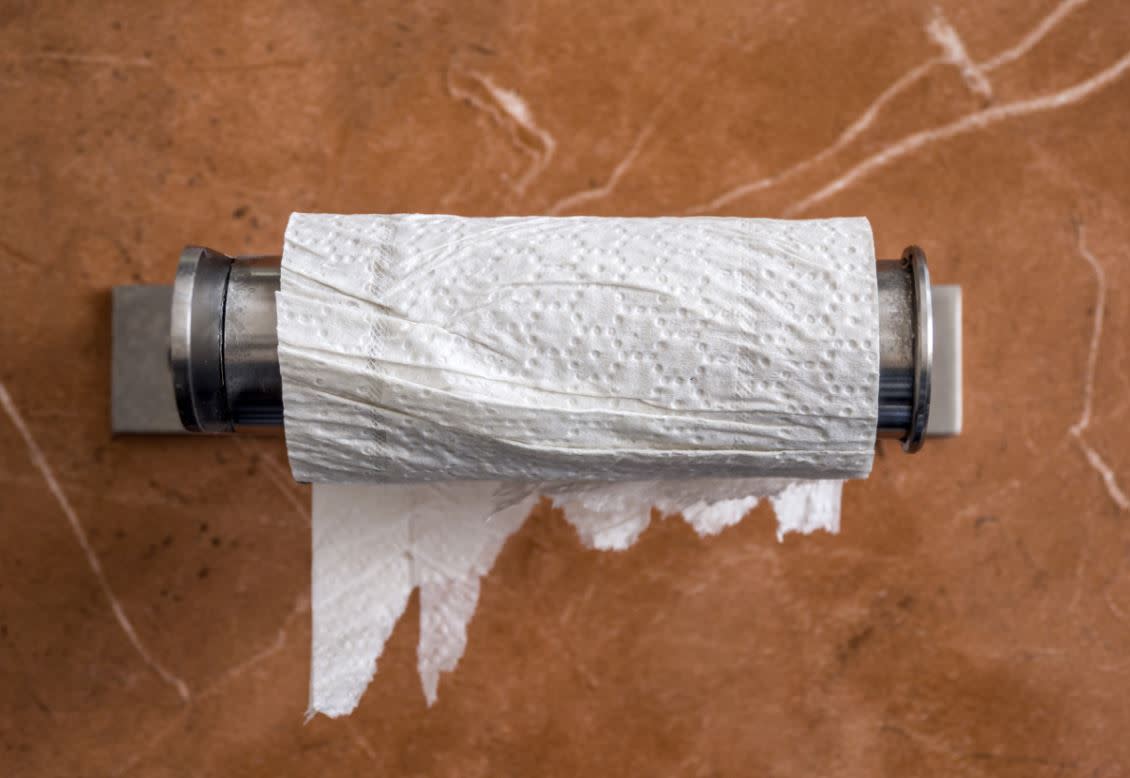Fed up parents footing the bill for toilet paper in their kids' schools

Austerity measures have reached a new low in some British schools, with parents being now being asked to pay for toilet paper.
Stationery, sports days and school concerts are also coming at a financial cost to some mums and dads, according to PTA UK’s Annual Parent Survey 2017.
17 per cent of parents said that they had been asked to supply essentials such as toilet paper as a cost-cutting solution, while almost a third (29 per cent) reported being asked to supply teaching equipment, such as stationery, books and glue.
Geoff Barton, general secretary of the Association of School and College Leaders, told TES: “This takes us to the very edge of what state education should be doing, if we are starting to ask parents for [toilet paper]. I think parents would be shocked at the thought that the funding crisis is having such a negative impact.”
Most popular on Yahoo News UK
Mum travels to Spain on 15-year-old daughter’s passport
Couple face jail for having sex at Domino’s pizza counter
Theresa May to hand billions to EU
World’s richest woman dies
Brother and sister named legal parents of baby girl
Shameless driver admits to parking in ‘parent and child’ supermarket spaces
The total number of parents being asked to donate to the school fund was up by 5 per cent from last year to 42 per cent, while an average of £8.90 is donated by all parents monthly.
Not surprisingly, parents aren’t pleased. 50 per cent said that they are worried about the cost of school trips, 48 per cent are concerned about the price of uniforms and 23 per cent aren’t happy with the amount they’re paying for school meals.
Michelle Doyle Wildman, Acting CEO of PTA UK said: “Parents have always contributed to schools, whether that’s through voluntary contributions, via their PTA or by volunteering their time or skills, and this looks likely to continue.”
She added: “Parents are reporting that they are contributing more to provide the essentials which many expect to be provided by the state.
“If this is a growing trend, then it’s crucial that schools work in partnership with parents to address their specific concerns, taking their views into account when prioritising difficult funding decisions, and exploring realistic alternatives with them, not in isolation.”

 Yahoo News
Yahoo News 

